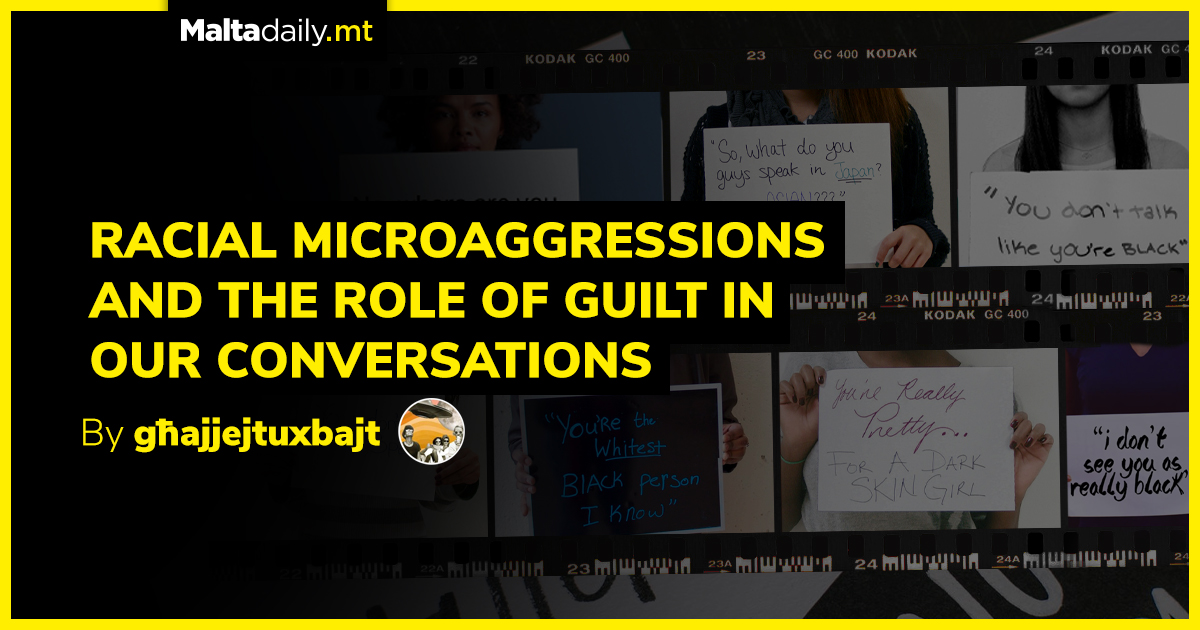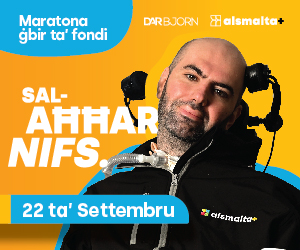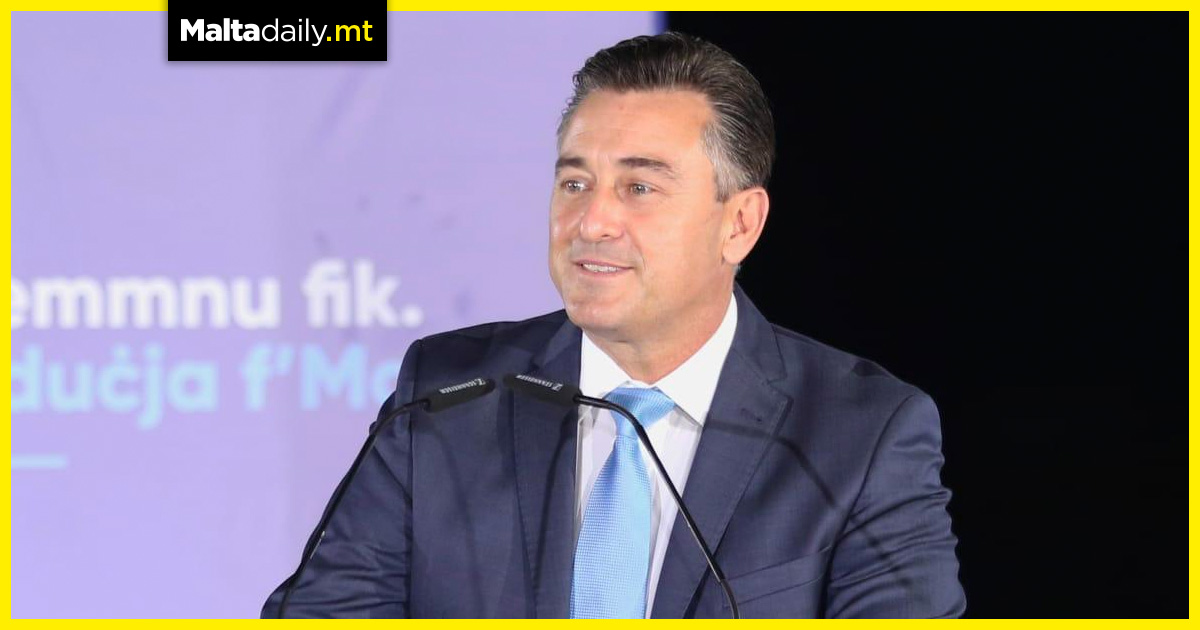
The past year has brought a lot of changes in how we interact with one another especially when we talk about race. This means that one is likely to have been involved in one or more conversations about race in their personal life over the past year.
When a person of colour initiates a conversation about race or racist actions they are often put in a position where they have to deal with the feelings of (white) friends or acquaintances who do not understand why this conversation is happening in the first place. There’s shock and incomprehension because the person sees themselves as ‘not racist’ and this in turn elicits other emotions such as guilt, shame and/or embarrassment, which are understandable emotions in this situation but which shift the focus away from the feelings and concerns of POC who experience the racism from said person.
At times those emotions (guilt, shame, embarrassment) even shift away from the conversation altogether to focus solely on this person’s emotions. This often stalls or stops the conversation. What could have been a teachable moment is now focused on managing this person’s emotions and this happens for two main reasons;
- A misunderstanding of racism and racist actions.
- Guilt or to be more precise white guilt.

We view racism like we view a tree.
We only see and focus on the fruits and the leaves of the tree but we do not see the roots. One’s vision of racism tends to focus on violence or extreme actions of racism yet racism is more than just that. Racism is more often than not implicit, hidden and insidious. If we go back to the tree analogy, they are the branches of the tree or one could call them microaggressions that hold up the fruits of the more visible and thought of part of the tree.

What are microaggressions? ‘A form of covert racism – they’re actions that look small when looked at individually but actually they reinforce racist stereotypes. The beliefs and ideas at the root of these are the same as the one that lie behind a more overt type of racism’1. The key here in knowing if what we are doing can be considered a microaggression is to ask oneself if one’s actions or words reinforce racist stereotypes, racist assumptions or uphold racist ways of seeing things. When we start examining our actions it helps us dismantle elements of racism that we have been accustomed to or that we have deemed normal because we were looking at this through lens of someone who hasn’t experienced racism. Because of how small or seemingly covert microaggressions are it reinforces white racial framing. ‘White racial framing often denies inequalities or that actions are due to racism and in turn rejects individual or even collective responsibility’2.

It’s as if they believe it’s possible to live in a world in which racism exists without any racist people, and you as an individual are surely not one of the ‘racists’.
When /if one is called out for racist actions there is this sort of cognitive dissonance that happens because one can’t see how they can be racist or how they reinforce racism as they can’t possibly be racist. This is also when shame, guilt kicks in and the conversation is suddenly recentered around one’s feelings about how they see themselves as ‘non racist’ despite having said or done something racist. DiAngelo in her book on white fragility explains that white guilt/fragility is white people’s affective strategies to hijack, defect or co- opt difficult conversation around race and racism3.
Guilt and/or shame are normal feelings to have when we realise we have done something wrong, however how you process your feelings of guilt/shame in a conversation are important. The point of conversations one may have on race is not to guilt trip a person but a moment to tell them there is still some racism they have to tackle in their life. This framing and mindset should help one focus or re-focus the conversation one is having. Instead of thinking about how you can make this conversation stop or go away, your thoughts are about what you can do to cover the blindspots in your life that were highlighted in the conversation. The focus is not on your feelings but the feelings of others you have hurt through your actions even if sometimes you weren’t aware of it. This is also a time for people to actively listen so they can spot the racism in what they have done or said. This can only happen if you shed or put aside your own feelings and see the conversation as a teaching moment and not a ‘shaming’ moment or solely an apologising exercise.
I think it is important to realise that we carry with us racist views or attitudes because racism is part of the fabric of our societies.This means that there is always going to be blindspots and racism that one has to tackle and dismantle in one’s life. Therefore one has to be open to have those difficult conversations, and be open to feel uncomfortable so that the conversation can happen. This is the real work of being an antiracist.
#għajjejtuxbajt
- Abbi-Gaël , Néhémie. “Home: The Unreticent Thinker.” The Unreticent Think, February 11, 1970. https://abbigaelb.wixsite.com/theunreticentthink-1.
- Grzanka, Patrick R., Keri A. Frantell, and Ruth E. Fassinger. “The White Racial Affect Scale (WRAS): A Measure of White Guilt, Shame, and Negation.” The Counseling Psychologist 48, no. 1 (2019): 47–77. https://doi.org/10.1177/0011000019878808.
- DiAngelo, Robin J. White Fragility: Why It’s so Hard for White People to Talk about Racism. Boston: Beacon Press, 2020.
_________________________________________________________________________________
Loved reading this ?… FOLLOW Għajjejt u Xbajt for more interesting reads:








